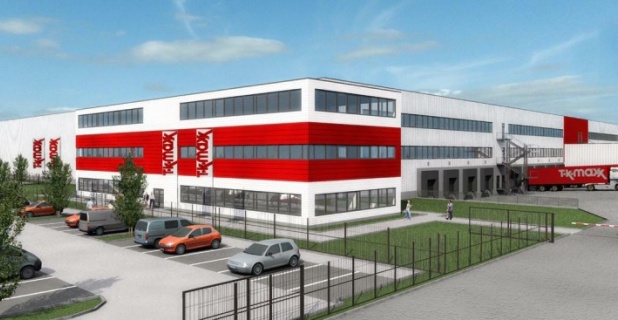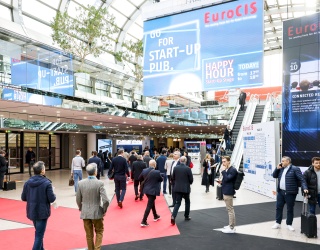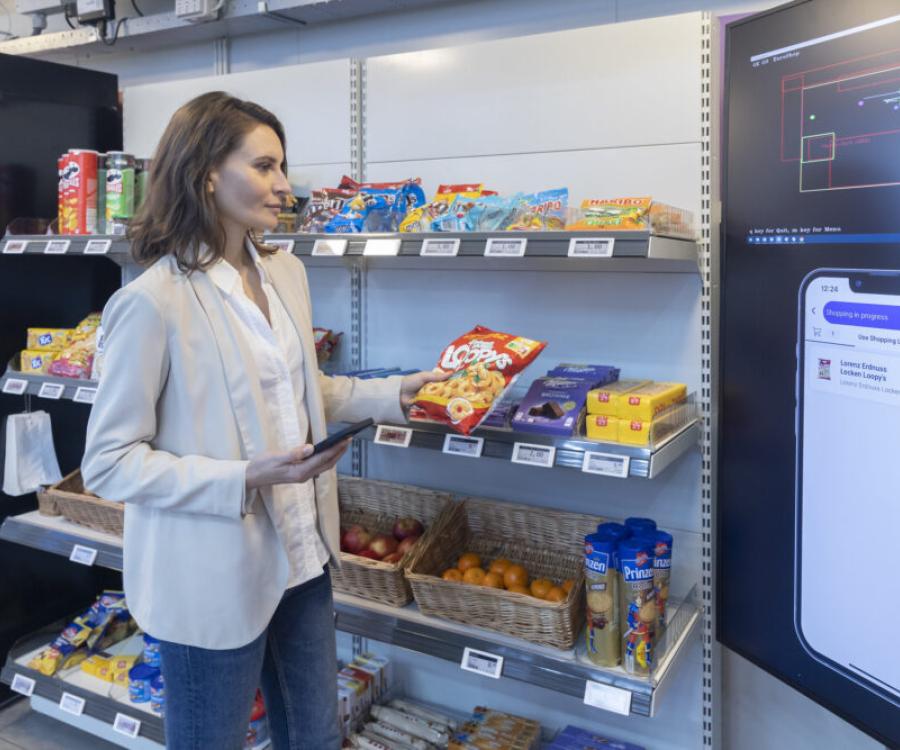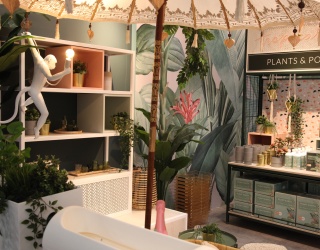Logistics means more than just transporting goods from A to B. Logisticians have thought in terms of supply chains for a long time, from manufacturer through several intermediate storage facilities, ports and freeways all the way to the location where the goods are needed. Supply Chain Management (SCM) in business means: avoiding shortages on store shelves, but also not ordering too many goods, because product cycles are getting shorter. At the same time, logistics is a cost factor and climate protection gains more and more importance.
To get support chains under control, businesses go through lots of effort. Which trends will determine business logistics in the near future? A new research study, which was introduced in April, by the Institute for Trade Research in Cologne (Kölner Handelsforschungsinstitut EHI) and the Fraunhofer-Institute for Materials Flow and Logistics (IML), located in Dortmund, is focusing on this question. For this purpose, 40 logistics specialists from large retail companies with different product lines in Germany, Austria and Switzerland participated in an online survey.
Retailer and Manufacturer work hand in hand
Logisticians are aware of the fact that consumer behavior is extremely erratic and that the economic situation has a strong influence. Inventory needs to be turned over faster and faster and logistics have to become more flexible. Short response times however require better information, i.e. meaning more data. Almost 80 percent of all retailers surveyed by EHI and IML want to introduce and test new forecasting-software. Apart from current and historical sales figures, also meteorological data, holidays, vacation months or sales promotions are being considered.
ECR, Efficient Customer Response, has been a very important subject for many years and it continues to be in line with the current trend. If manufacturers know more accurately what is currently being sold at the store, they can be more specific in their production and delivery. On the other hand, retailers increasingly want to know more about production volume and delivery times. With that however, both partners need to open up to each other. This requires trust and makes cross-company IT networks necessary. Uniform data standards need to be introduced to accomplish this.
Some retailers like Zara or H&M for example are very successful in the ever changing fashion business, because as so-called verticalists they do as much as possible on their own – from the textile factory in Asia all the way to the store. Conversely, manufacturers like Adidas or Nike are opening up more and more of their own stores – which admittedly is not just because of logistics, but also because of their image, since without competition, their brand becomes far more impressive.
Logistics in 2020 will be greener
Several studies view climate change as the most important challenge for supply chain managers over the next few years. The German Post Office (Deutsche Post) just introduced a large Delphi-Study titled “Delivering Tomorrow – Customer Expectations in the Year 2020 and beyond."
In this one study 81 future hypotheses were compiled and discussed. Over 900 people from all over the world, among them the Board of Directors of international companies, scientists from the areas of economics, futurology and logistics as well as experts from selected customers from different industry sectors, were presented with the comprehensive questionnaire for their assessment. As one of the largest CO2-pollution sources, the shipping sector is being targeted by an increasingly critical public.
Consumers buy more green products, which is why even discount chains have reacted to this fact. When consumers begin to pay more attention to how these products arrive at the stores, retailers will also need to respond. Up to now this is rarely the case, since almost two thirds of EHI and IML polled retail logisticians do not intend to utilize any alternative powered delivery vehicles in the near future. They are similarly reluctant when it comes to adopting renewable energy in warehouses.
And yet the first logistics land contractors are betting on green arguments. This past March, a ground-breaking ceremony for a 48,000 square meter logistics-and processing center in Bergheim near Cologne took place, which Off-Price-Retailer TK Maxx plans to move into as a tenant in September. The investor, developer and landlord is Alpha Industrial from Cologne. AI is investing 19 million Euros in the site and the building. TK Maxx plans to extradite its fashion and living accessories from here all over Europe. Jörg Schröder, managing partner at AI, stressed during the ground-breaking ceremony that this property would be certified according to “the latest Green Building Standards“ and thus represents an especially attractive asset category.
Increasing efficiency in small steps
Small steps instead of a big green revolution – that’s the tenor in the survey of EHI and IML. Almost all logisticians want to centralize their transports, and most of them use software to optimize travel routes. Automation in storage is another big dream, but in this area there is still plenty of manual operation involved. Long-distance scanners, pick-by-voice and software capacity utilization of storage space have made work significantly easier. Robots in the high bay warehouse and on consignment only pay off for large quantities of standard items. In this area, the automotive industry has had an easier time than retail.
René Schellbach,
EuroCIS.com






